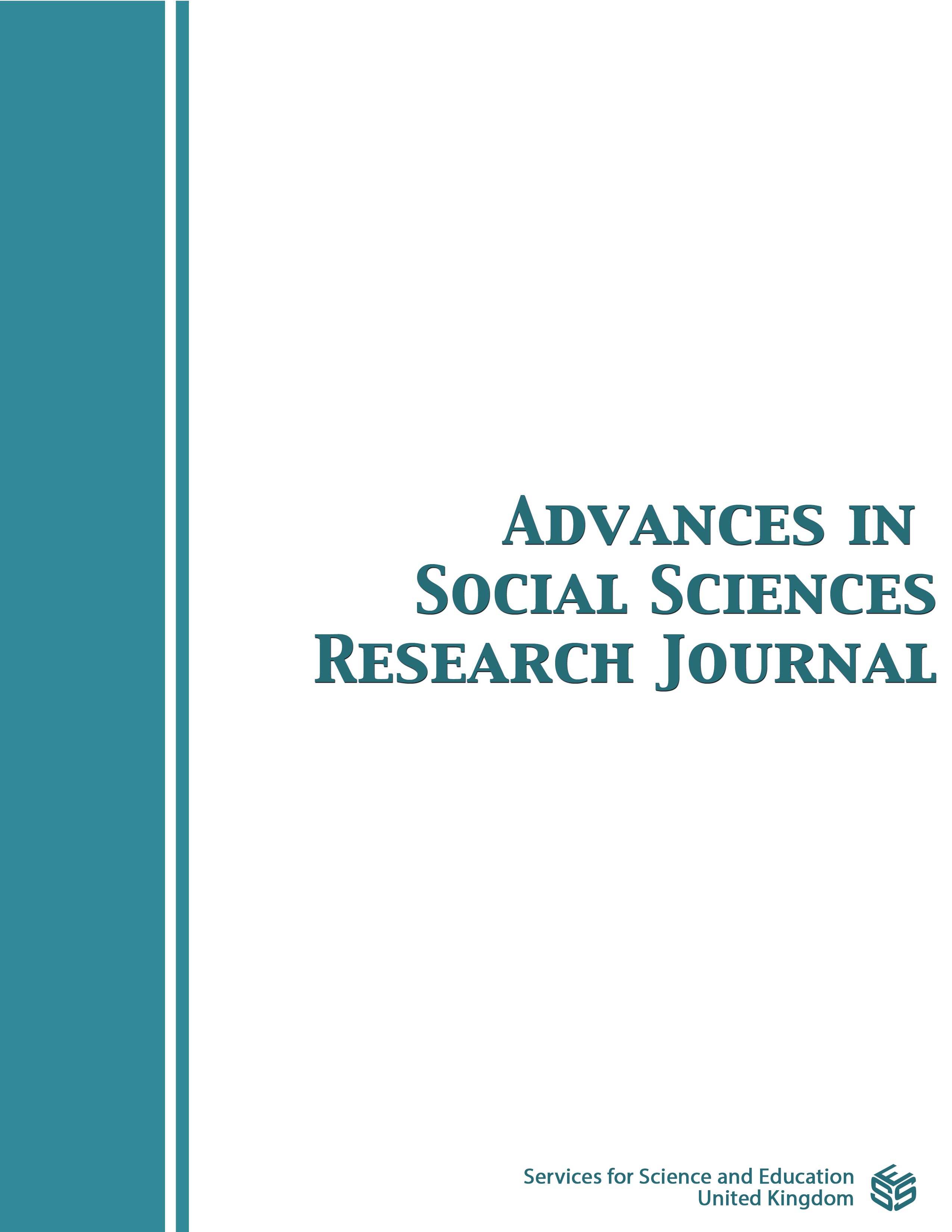ICT, Attendance, and Sex as Determinants of Academic Performance: A Case of Advanced Secondary Students at Kisimiri Secondary School, Arusha, Tanzania
DOI:
https://doi.org/10.14738/assrj.1112.18015Keywords:
Attendance, Kisimiri, Sex, Technology, TheoryAbstract
Numerous studies have explored the factors that influence students' academic performance. This study investigates the relationship between Information and Communication Technology (ICT) use, classroom attendance, and sex with academic performance among students at Kisimiri Secondary School. A quantitative cross-sectional survey design was adopted, collecting data through self-administered questionnaires for students and interviews with teachers. Data analysis was conducted using the Statistical Package for Social Sciences (SPSS), employing descriptive statistics, one-way analysis, and Pearson’s correlation for bivariate analysis. The findings indicate a significant positive correlation between ICT use and classroom attendance with academic performance, while no significant relationship was found between sex and academic performance. The study concludes that ICT use and regular classroom attendance are critical factors in enhancing academic success and progression. It recommends that schools focus on integrating ICT into the learning process and encouraging consistent attendance to improve student outcomes. Future research should consider a larger and more diverse sample, include comparative analyses between public and private schools, and incorporate qualitative methods to deepen the understanding of these relationships.
Downloads
Published
How to Cite
Issue
Section
License
Copyright (c) 2024 Valentine Mathias Tarimo

This work is licensed under a Creative Commons Attribution 4.0 International License.
Authors wishing to include figures, tables, or text passages that have already been published elsewhere are required to obtain permission from the copyright owner(s) for both the print and online format and to include evidence that such permission has been granted when submitting their papers. Any material received without such evidence will be assumed to originate from the authors.






